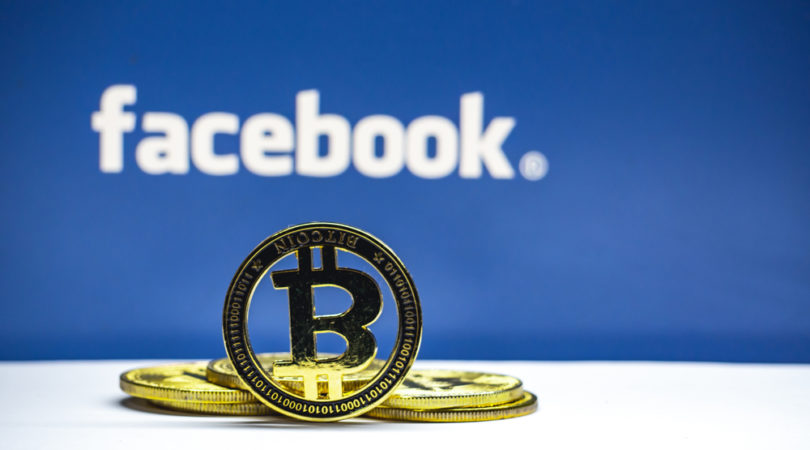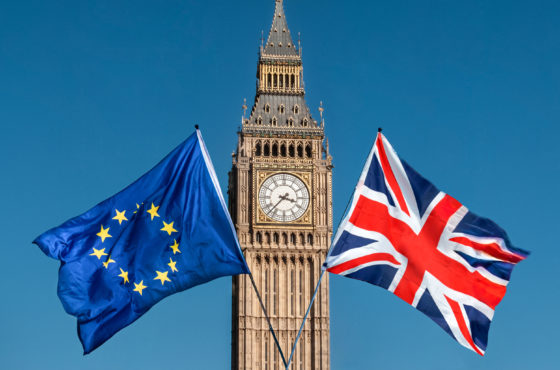Frederick Achom unravels plans for its own cryptocurrency
While the cryptocurrency industry has had all eyes on encrypted messaging services Telegram’s moves in the space, Facebook has quietly been creating its own token.
Recently, new details emerged about Telegraph’s blockchain platform TON. I’ve been following its development since the company secured a huge amount in initial coin offerings. Last year, two private token sales rounded up $1.7 billion for Telegram.
New details recently emerged about one of the most discussed and anticipated cryptocurrency projects in the sector – TON. The new blockchain platform has been in development by Telegram, the WhatsApp rival instant messaging service.
I’ve been following the development of TON since Telegram raised one of the largest initial coin offerings (ICO) in the sector. In 2018, they made around $1.7 billion from two private token sales, and it was assumed they were leading the way in cryptocurrency development for social media platforms. However, more recently, it has become clear that Facebook is well on its way to creating its own token too.
Reports break of Facebooks’ cryptocurrency plans
A major investigative report by The Information shows that Facebook’s own blockchain project is nearing completion. While this project has been discussed for a while, we’ve had nothing concrete to examine until the report was published on 5 June 2019. Based on various news stories, the report has since been partly validated by a European Facebook executive. We also know that there is a white paper due in the imminent future, which will lay out details of Facebook’s plans. Before we see that, here’s everything we know so far.
Facebook has built a team of cryptocurrency experts
The Information say that the project began roughly a year ago, when Facebook began building its team. The former president of PayPal was brought in to run the project, swiftly followed by the entire team from a start-up called Chainspace. More than 100 staff are now rumoured to be on the project.
In May, there were reports from the BBC saying the cryptocurrency is named internally as ‘GlobalCoin’, but there is much more evidence to support its name as Libra. In the same month, Facebook registered a company in Switzerland. Its name is Libra Networks. The Information claim that Mark Zuckerberg is closely involved in the direction of the project.
Facebook is targeting developing countries
As the new token will be a borderless currency, we know that it will be used seamlessly on Facebook platforms, which include Instagram, Messenger and WhatsApp. It’s also likely that marketing will initially be confined to developing countries, as it is set to launch in India.
There are around two billion users of Facebook’s network of platforms, and many of these people don’t have immediate access to financial services. They also routinely face high cross-border fees. If Libra works and people begin to use it in these countries, it could revolutionise personal finance, giving h them access to e-commerce, peer to peer lending and all kinds of other services.
In an article for Forbes, Wall Street expert Caitlin Long believes that: “Facebook’s cryptocurrency will be a powerful force for good in developing countries.”
How will the token retain value?
The report says that the token will be linked with a basket of currencies, along with low-risk securities. However, there are no further details of how this will work and which currencies will be included. Facebook does have plans to move Libra into the offline world too. They will provide ATM terminals so that Libra users can exchange their crypto for fiat currency. Facebook employees will also have the chance to be part paid in Libra.
In terms of regulation, it’s not surprising to see that Facebook is making lots of effort to show that the network will be partly decentralised. There is much made in the media of Facebook’s handling of personal user data, and whether any company should have that much influence. Now that they are making forays into financial services, it has many people concerned about how this will be regulated. Facebook’s response is to form an external body of financial institutions and experts that will provide oversight.
As for those who will be part of the network to validate transactions, this will be a premium few. Entities will have to pay $10 million for control of one of the network nodes of operation on the blockchain. It will launch with 100 nodes initially.
Reaction to Facebook’s plans
Inevitably there has already been much debate over Facebook’s cryptocurrency, and how it will affect the sector. It does look like the company is attempting to deliver user-friendly financial services to a group of people who don’t have ready access to them, which is generally being welcomed as a positive thing.
A key difference between Libra and other currencies like Bitcoin and Ethereum, is the fact that Facebook will essentially be acting like a bank. Crypto expert Jian M Villaverde told CoinTelegraph that Facebook would essentially act like current financial institutions by implementing a layer of oversight to people’s actions. This is very different to Bitcoin and other cryptocurrencies, which were formed from the ground up as disruptors to this traditional world of financial services.
Others think that Facebook will be integral in spreading general understanding of cryptocurrencies and making it more normal for people to use. For example, Caitlin Long tells Forbes that while Facebook will help people understand cryptocurrency, they are more likely to eventually choose scarce currency such as Bitcoin over plentiful tokens from Facebook.
Time will tell how Facebook’s plans play out, and the impact they will have in this space. How much they will alter the financial services sector remains to be seen.
Image editorial credit: K.unshu / Shutterstock.com




